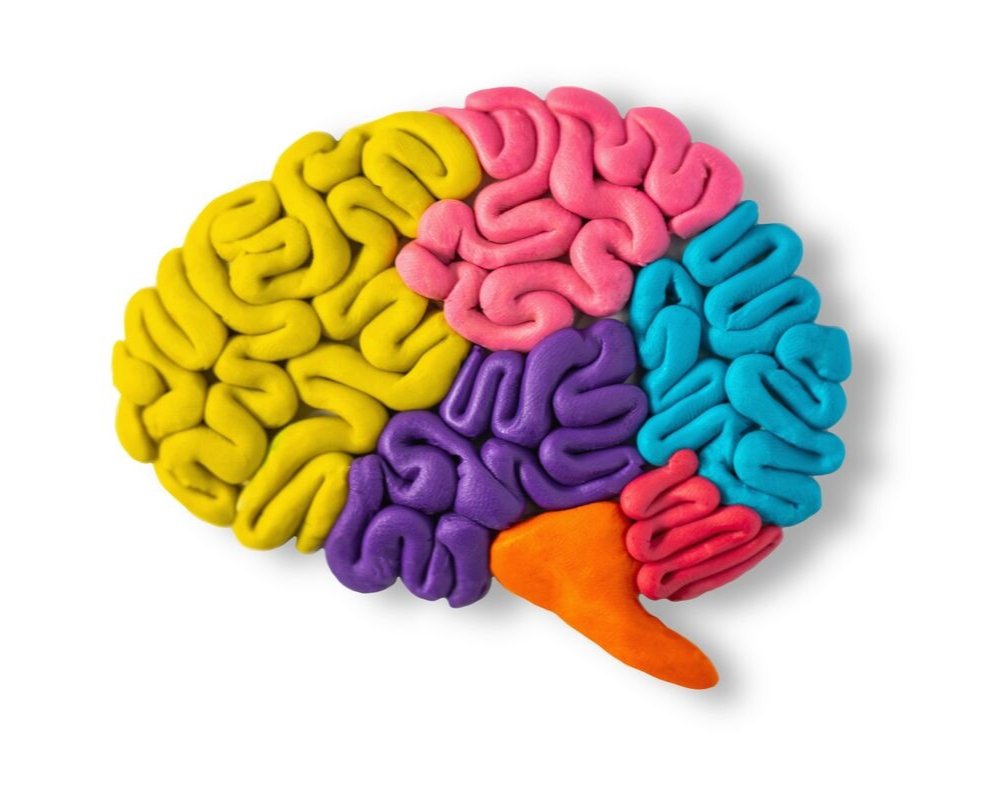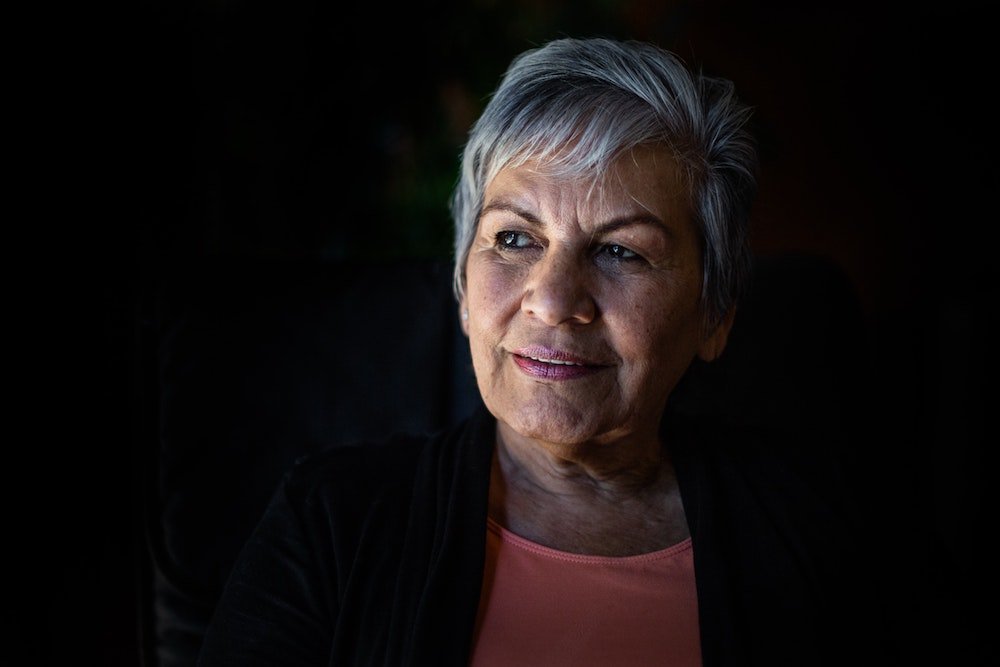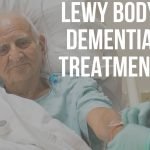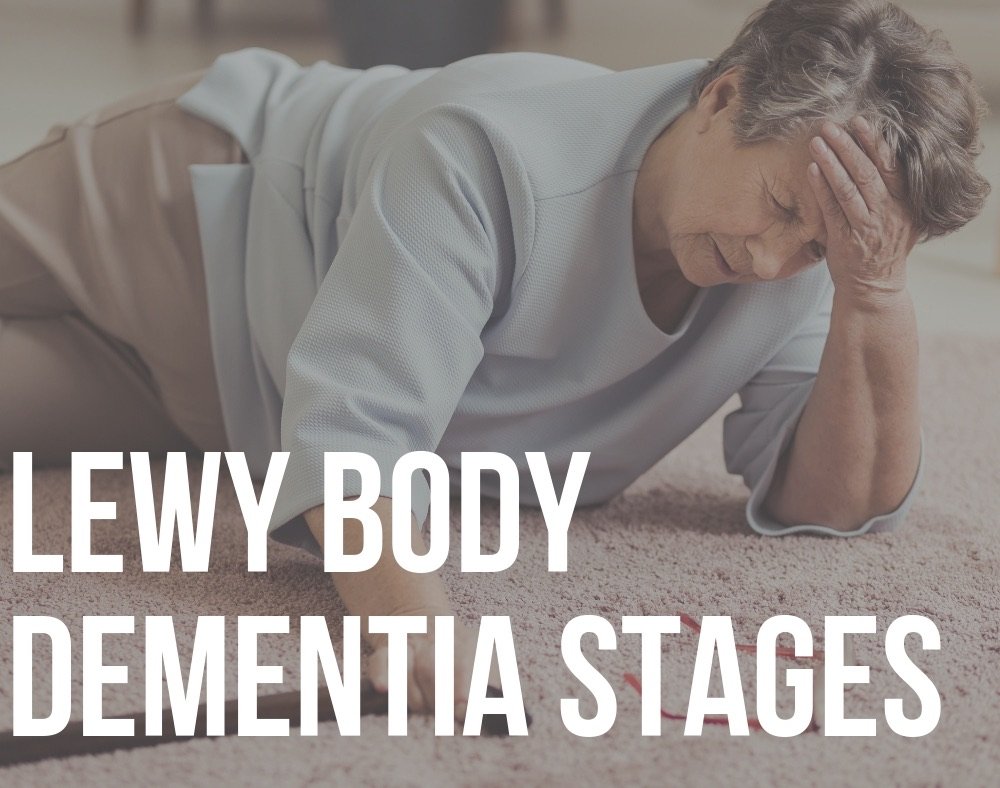There are multiple different approaches to the best dementia anxiety treatment practices that are crucial for an individual with the disease.
Anxiety is one of the behavioral conditions that many people with dementia experience.
Studies estimate that about 25%-70% of the dementia population showcases anxiety symptoms.
Contents
Anxiety in Dementia
Anxiety can be described as a feeling of nervousness, apprehension, worry, or unease about something/ an uncertain outcome.
Often, this is usually healthy and normal emotion. The problem only comes in when an individual continually feels an inappropriate anxiety level to the extent that it becomes a medical disorder.
Medics usually have a tough time diagnosing anxiety because most of the symptoms overlap those of depression and agitation in dementia.
However, some factors are chief to anxiety according to experts such as:
- Irritability
- Restlessness
- Fears
- Muscle tension
- Respiratory problems
- Concentration challenges
- Excess worry that is hard to control
- Sleep difficulties
- High blood pressure
Anxiety symptoms are known to alter how a person behaves and processes emotions. For some, they can also lead to physical symptoms.
Quality of life diminishes for persons who have dementia and anxiety, and they typically have more challenges with their day-to-day activities.
This is in comparison to the ones who have dementia without anxiety.
Nonetheless, the association between anxiety and the decline of dementia is still not crystal clear.
Best Dementia Anxiety Treatment Options
There is no debate that anxiety is the cause of negative consequences for caregivers and people with dementia.
It is the reason affected individuals are constantly seeking the most effective dementia anxiety treatment methods.
Below we shed some light on some of the best practices that people can follow to deal with anxiety in persons who have dementia efficiently.
Pharmacological Treatment

Doctors might recommend some type of drugs to help deal with anxiety like:
Anxiolytics
The drugs are prescribed to persons who have severe responses to anxiety-like emotional outbursts and panic attacks.
The medications kick in to keep a person relaxed and calm. It’s important to note that the drugs can be habit-forming.
They are also associated with side effects like drowsiness and slowed breathing that can become worse over time.
For this reason, doctors advise that a person should not take the drugs more than two weeks consecutively.
Seniors especially can be sensitive to the side effects; hence, they need close monitoring when they are taking the medication.
Benzodiazepines are examples of some of the medications that people with anxiety can take for a short while. People who cannot take Benzodiazepines for one reason or another may be put on helpful antidepressants.
Medics usually choose the medication that a person will take depending on their side effect profile, potential cognitive perks, and at times potential to address insomnia.
Antidepressants
In most cases, anxiety is commonly present with depression. When this is the case, taking antidepressants can offer a person plenty of benefits.
Because there are multiple antidepressants in the market, it is important to get guidance from a professional doctor on the specific ones to take.
Be sure to report any side effects so that the professional can give direction on whether to stop or continue taking the drugs.
Antipsychotics
Some elderly persons with dementia and anxiety fail to show therapeutic responses to benzodiazepine and antidepressant treatment.
In such special cases, the use of antipsychotics may be advisable to help manage anxiety in dementia.
Therapies

People who have dementia and anxiety can also benefit from various therapies to help get rid of anxiety.
These are therapies that have relaxation and supportive components as they usually do a commendable job when it comes to dementia anxiety treatment. Examples of therapies that a person can try out include:
Music Therapy
There is evidence that music therapy directed by a qualified professional helps to reduce agitation, which is one of the anxiety symptoms.
CBT (Cognitive Behavior Therapy)
It is one of the psychological therapies that help many prevent the occurrence of anxiety. It assists the person with dementia and anxiety to evaluate thinking about the challenges they face.
This teaches them to change the way they think as well as their reactions to various situations.
IPT (Interpersonal Therapy)
This is also helpful for treating different types of anxiety. It helps individuals to discover fresh ways of getting along with other people.
This also allows them to perform better in terms of resolving losses, conflict, and changes in relationships.
Pet Therapy

People who have dementia and anxiety can also benefit from pet therapy.
The therapy can include companions from pets like trained dogs, cats, fish aquariums, and bird aviaries, etc.
Domestic animals are particularly helpful when it comes to reducing feelings of loneliness, helplessness, and boredom.
Other benefits that a person can enjoy spending quality time with pets they love include:
- More social interactions
- Better moods
- Improved nutrition
- Calming effect which can reduce blood pressure levels
- Increased physical activity
- Decreased behavioral problems like aggression and agitation
Laughter Yoga

This is a yoga technique that seeks to bring people together so that they can share in the joys of laughter.
Laughter Incorporated reckons that there are over seven hundred laughter clubs in seventy countries.
This type of yoga combines intentional yogic breathing and laughter. Laughter for no reason is the main focus.
This is because the body does not know the difference between fake and real laughter thus can benefit from both without a problem. Inducing laughter can help reduce anxiety.
Some studies suggest that laughter can have the same effects as antipsychotic medications without side effects.
Transcranial Magnetic Stimulation

This is another effective dementia anxiety treatment option. It is a non-invasive way of using magnetism on the brain.
It has been known to treat anxiety in dementia, where a person will not respond to various medications and therapies.
Because it is still relatively new, more research and clinical trials still need to be conducted to give conclusive reports.
This said the treatment has been used successfully on many persons who have dementia.
Person-Centered Care

Individualized care can help offer some relief to anxious people. It is especially beneficial for people with mild anxiety.
It helps to offer a listening ear to know what is happening in a person’s life.
From here, one can offer reassurance to calm down the person with dementia.
If they agree to be touched, caregivers should hug or hold their hands to remind them that they are safe and they can ask for help anytime.
It’s vital to check the emotional triggers that might be behind the anxiousness.
These could be things like the person feeling thirsty, hunger, wearing uncomfortable clothes, feeling pain, being too cold, hot, or need to use the washrooms.
If this is the case, offer practical solutions immediately like giving them a drink, food, snack, blanket, or change of clothes depending on the situation.
A person might also be feeling lonely, bored, or experiencing hallucinations, etc.
At this point, it is vital to identify activities that they love to keep them engaged so that they have something pleasant to look forward to.
Working Out

Exercise also works as part of the dementia anxiety treatment plan. Working out helps to ease anxiety. Exercising does not have to be at the gym under a professional trainer.
Going out for walks, dancing, or a little gardening also counts as working out. Aerobic exercises, in particular, may be as effective as taking antidepressants.
Massages and deep breathing exercises can also offer some form of relief.
Needless to say, exercise goes hand in hand with good eating habits. Diet should include coconut oil, nuts, cinnamon, vitamin E, extra virgin olive oil, berries, turmeric, and berries.
An individual might also try the Mediterranean diet.
Modify Living Environment

Making adjustments to a person’s living space can also help persons who have dementia anxiety.
This is by ensuring the ill person stays in an environment that is safer and calmer.
Cutting background noises from the radio or TV can create a calmer space.
It is also important that they have a better structure for daily life, including activities that the individual finds meaningful.
Getting rid of clutter might make daily tasks more manageable. The use of night-lights or low-lighting can also help a person with anxiety feel less afraid and confused at night.
Joining Support Groups

Becoming a member of a support group can prove to be invaluable for a person who has dementia anxiety. It helps them meet other people who are in a similar situation.
This can help a person to feel more calm or relaxed because they get to understand that they are not the only ones with the problem.
The meeting sessions prove to be useful in terms of reducing anxiety and improving mood.
The groups also act as impactful resource centers where individuals can find heaps of information they can use to manage anxiety effectively.
Dementia Anxiety Treatment Closing Thoughts
Trying out different dementia anxiety treatment methods is crucial for a person with dementia.
This helps identify the most successful ones to help improve the life of the suffering individual significantly.
Before attempting any treatment option, it is important to consult a doctor to get the green light to go ahead.
The expert can also recommend the proper mix of drugs and caregiving tips to work with.







